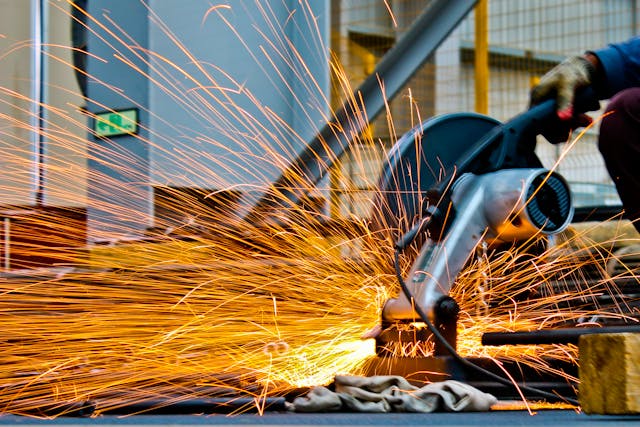
In recent years, European industrial policy has returned to the centre of attention, highlighting the need to address crucial challenges to renew a now obsolete production model.
To be effective, European industrial policy must address at least three main problems that currently hinder the evolution of the economy. Firstly, the European Union does not fully exploit the opportunities offered by its single market and this is a fundamental aspect that requires greater integration and the overcoming of national segmentations, especially in the sectors of network services such as energy and telecommunications, as well as in the financial sector. Furthermore, it is essential to eliminate tax competition between Member States and reduce “gold plating” practices in the implementation of European directives. The use of digital technologies can play a crucial role in simplifying administrative procedures and making access to the single market easier.
Second, the European Union is slowed down by the relatively small size of its businesses. Encouraging the growth of medium-sized companies can significantly contribute to stimulating innovation and employment. Medium-sized businesses have been shown to have higher growth potential than traditional small businesses and to be more inclined to adopt digital technologies. However, it is necessary to create an enabling environment for these businesses to thrive, which includes mobilizing financial resources towards forms of venture capital such as venture capital and private equity.
Third, the European Union is moving away from the technological frontier, with lower investments in research and development than other regions of the world. For the European economy to maintain its global competitiveness, it is essential to increase investment in research and development and promote innovation in key sectors such as green and digital technologies, as well as in next-generation materials. However, implementing an effective industrial policy requires not only regulatory actions, but also adequate financial resources. Currently, financial resources allocated to industrial policy programs are insufficient, with programs such as the New European Innovation Agenda and the Innovation Fund having limited budgets. To truly boost European industrial policy, a greater financial commitment is needed, possibly through a strengthening of the EU’s common budget.
The European Union is faced with a series of crucial challenges that require significant changes in industrial policy and, to renew the production model and ensure the future competitiveness of the continental economy, it is necessary to address issues such as the integration of the single market, the growth of medium-sized companies and investments in innovation and research. Only through concrete commitment and close cooperation between Member States will it be possible to achieve an effective industrial policy and promote economic and social prosperity in Europe. To ensure the success of European industrial policy, a coordinated and synergistic approach between all stakeholders, including national governments, European institutions, businesses and civil society, is crucial. It is essential that member states work together to overcome national divisions and promote greater economic and industrial integration within the European Union.
One of the main challenges facing the EU is to ensure a fair and sustainable transition towards a greener and digital economy. This transition will require significant investments in innovation and emerging technologies, as well as public policies aimed at promoting sustainable economic growth and job creation. Furthermore, it is essential to ensure that no sector or region is left behind during this transformation, and that effective measures are taken to protect the most vulnerable workers and communities. Another critical area for the success of European industrial policy is that of financial markets and it will be necessary to mobilize greater financial resources towards forms of risk capital to support business growth and innovation. Furthermore, it is important to strengthen the integration of European financial markets to facilitate easier access to financing for businesses at all stages of their development.
The EU’s leadership in sustainability and innovation can play a key role in shaping the global agenda and encouraging other countries to follow suit.The European Union faces a number of significant challenges in its industrial policy, but also unprecedented opportunities to renew and strengthen the European economy. Through concrete commitment and a shared vision for the future, the EU can create a favourable environment for economic growth, innovation and prosperity for all its citizens.



 Subscribe
Subscribe